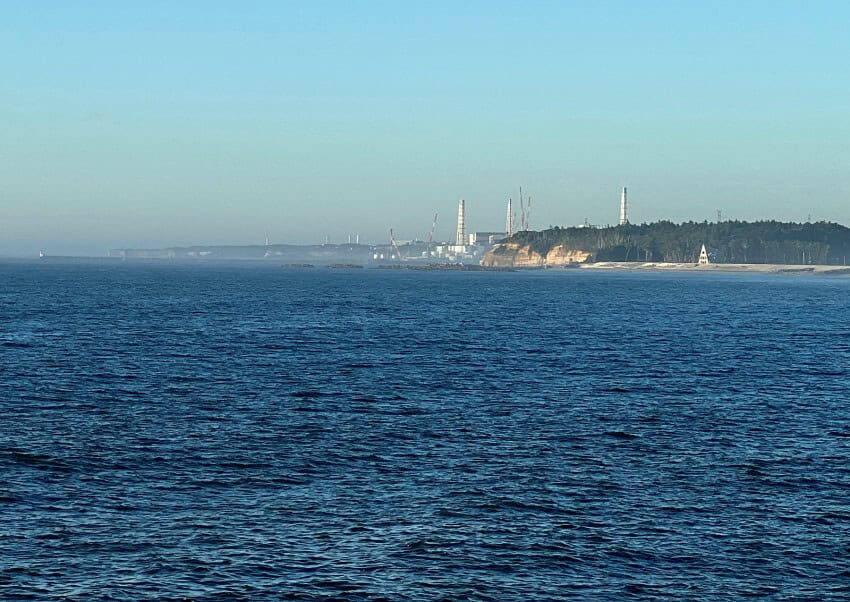Kishida urges China to lift ban 1 year after Fukushima water release
TOKYO – Just one year ago on Saturday, treated radioactive water from the damaged Fukushima plant began to leak into the sea. Prime Minister Fumio Kishida has requested China to remove its complete ban on Japanese seafood.
Kishida informed local fishing cooperative authorities in Fukushima Prefecture that China’s prohibition is a “measure that is not at all based on scientific evidence and is unacceptable.” “Japan urges an immediate repeal (of the ban) and makes the request at all levels.”
Within a week, a ministerial conference would take place to examine reactions to China’s ban, Kishida said reporters in Fukushima, ahead of the autumn compilation of economic measures. He saw the procedure at a nearby fish market for checking seafood for radioactive elements, and demonstrated their safety by eating bonito and Ise shrimp sashimi
Kishida, who will step down as prime minister after choosing not to run in the ruling Liberal Democratic Party’s presidential race next month, also emphasized that he will push for a legal revision to expand support for fishing vessels.
The fisheries industry in Fukushima Prefecture has struggled due to China’s blanket ban on imports of Japanese seafood.
The Japanese government is working to diversify exports to countries beyond China, including those in North America and Southeast Asia. However, the shortfall from the decline in exports to its neighbor persists.
China continues to criticize the water outflow from the Fukushima Daiichi nuclear power plant, which experienced reactor fuel meltdowns following a horrific earthquake and tsunami in March 2011, labeling the water “nuclear-contaminated,” despite Japan’s repeated attempts to dispute the prohibition.
With the exception of the comparatively safe tritium, the plant operator Tokyo Electric Power Company Holdings Inc. has released more than 60,000 tons of treated water thus far. The water was cleaned using an advanced liquid processing system (ALPS).
April 2021 saw the Japanese government decide to release the water into the sea, claiming the necessity to remove the treated water kept in site tanks to create room and speed up the nuclear complex’s anticipated lengthy decommissioning procedure.
The release went ahead despite opposition from China and the local fisheries sector, which feared reputational damage.
Since the discharge began, no abnormalities have been detected in the monitoring of seawater around the plant, including the concentration levels of the radioactive substance tritium, according to the government.

